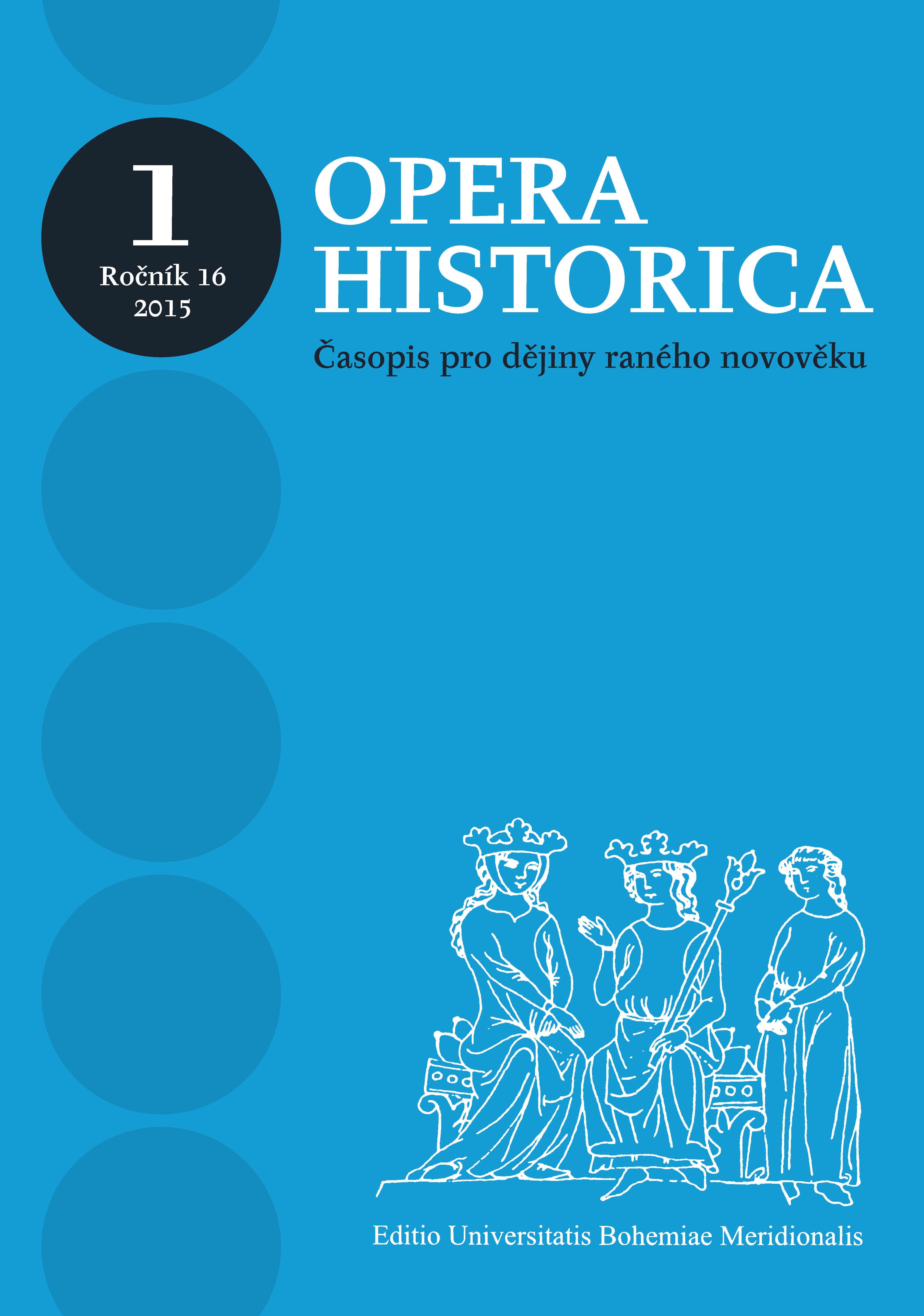On Rights without Natural Law
On Rights without Natural Law
Author(s): Ivo CermanSubject(s): History of Law, Human Rights and Humanitarian Law, Political Philosophy, Civil Society, Public Law, History of ideas, Early Modern Philosophy, 17th Century, 18th Century, Philosophy of Law
Published by: Jihočeská univerzita v Českých Budějovicích
Keywords: natural law; human rights; Samuel Pufendorf; Christian Wolff; physiocrats
Summary/Abstract: Whereas Dan Edelstein’s interpretation may hold true for France, its general statements may mislead readers into disregarding the significance of systematic natural law for the formulation of human rights. The contemporary American historians of human rights also tend to attribute the main role to feelings, and not to legal theories. For this reason, the contribution first seeks to prove that systematic thinking of natural law theorists was necessary for the conception of the idea of „equal and universal human rights“. The argument goes on to prove that France was an anomaly, lying outside the core area of natural law (i.e. countries where natural law was institutionalized in university chairs). The preservation regime developed by the physiocrats was a part of their physicist way of thinking about human society, not a logical solution to the legal relationship between the citizen and public power. Even other libertarian thinkers in Germany and Italy were actually speaking about economics rather than about real law. The physiocrats found the solution in proper education, not in law. The article surveys how natural law thinkers were trying to solve the dilemma implicit in the relation between individual citizen and public power, and how they regulated the relations between individual citizens. While the relation to public power required logical legal thinkers to make sovereign power unaccountable to anyone, the reciprocal rights at the level of individuals were usually recognized, but sometimes in the form of general legal permissions and not in the form of a list of rights. The British-American tradition of common law often seems to be more liberal, but its chaotic nature actually helped to conceal the existence of slavery and the disadvantaged status of slaves.
Journal: Opera Historica
- Issue Year: 21/2020
- Issue No: 1
- Page Range: 90-107
- Page Count: 18
- Language: English

